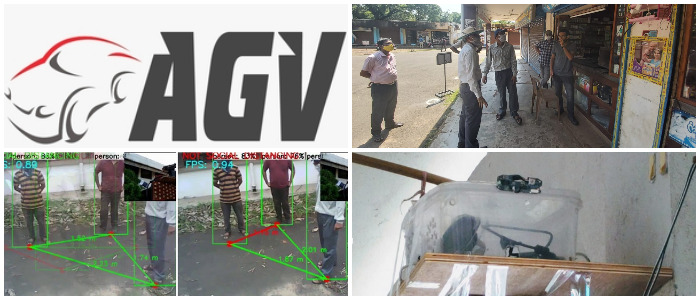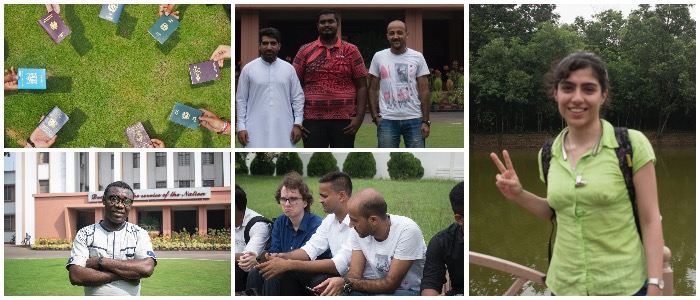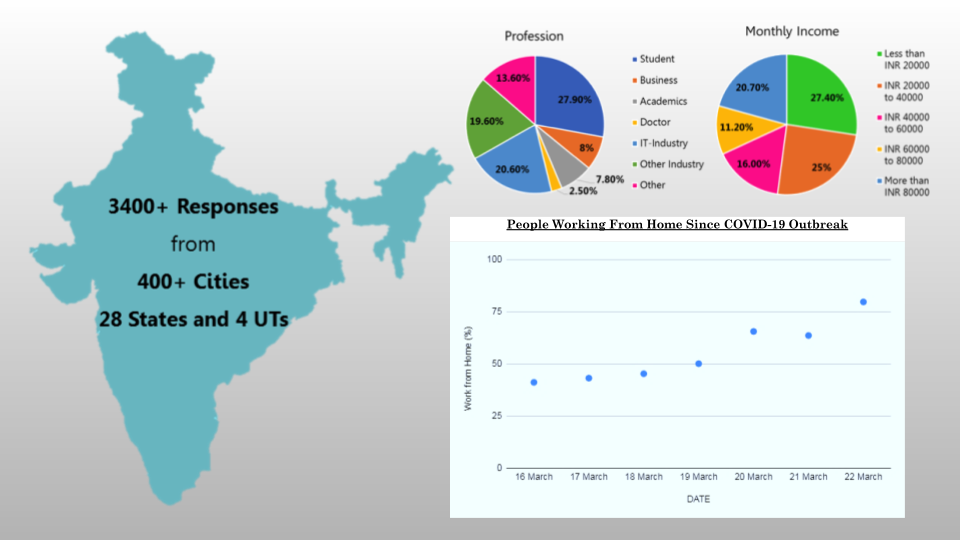
IIT Kharagpur Start-up Launches Low-cost Surgical Face Masks
IIT Kharagpur incubated start-up has developed P3 layered surgical face masks. Anigiene Technical Textiles, led by a group of researchers at the Institute’s Science and Technology Entrepreneurship Park, has developed the product keeping in mind the affordability by India's low income groups as well as the quality requirement by those working in the healthcare sector. The company has completed the field testing using local volunteers with encouraging feedback. The target for a full commercial production is expected to be one lakh units per month and to be priced at ₹10/-. Watch Video “We have kept in mind typically the needs…




